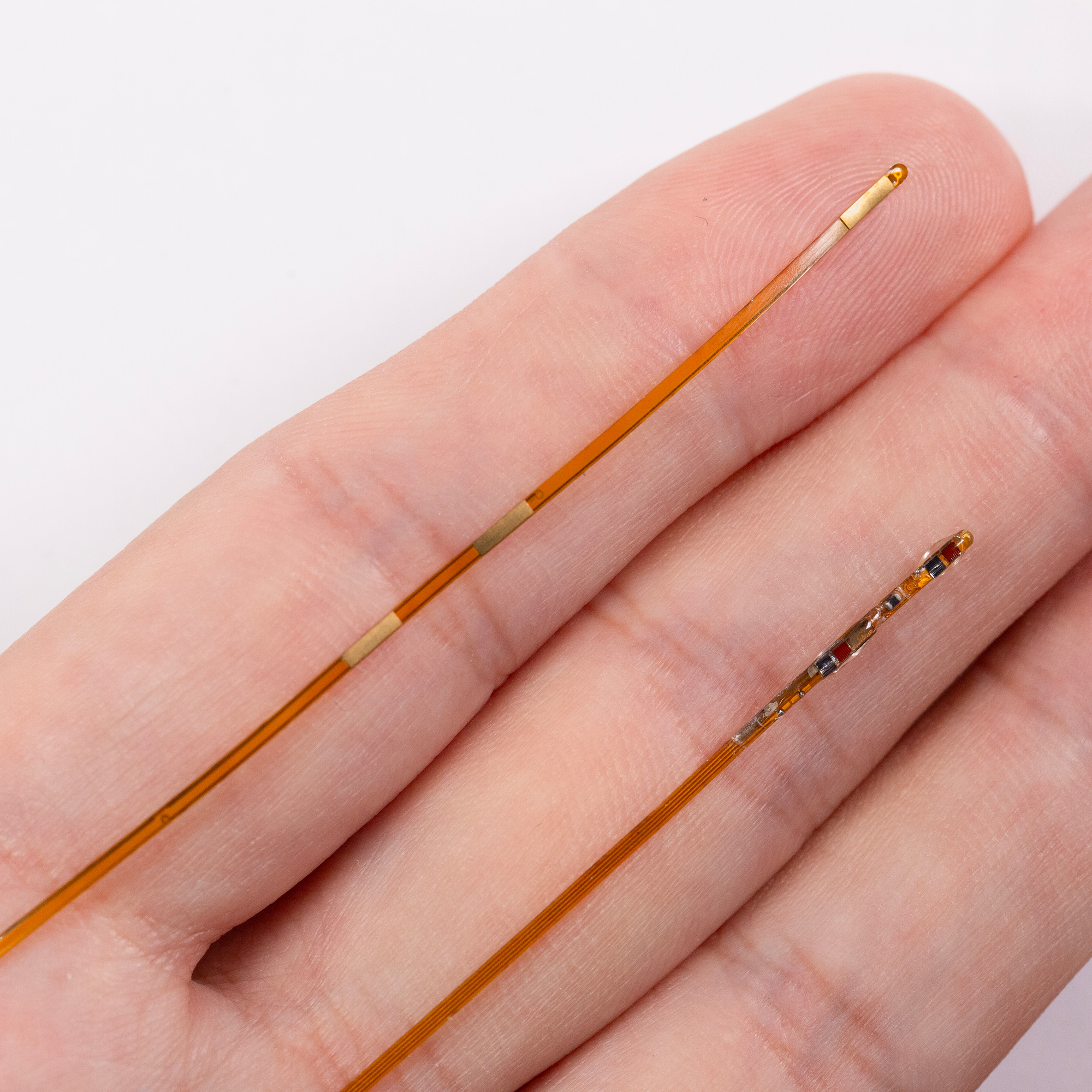Media Coverage
The work done by Northwestern University Feinberg School of Medicine faculty members (and even some students) is regularly highlighted in newspapers, online media outlets and more. Below you’ll find links to articles and videos of Feinberg in the news.
-
The New York Times
–
Start Retraining for Social Interactions
“Being really open and direct is the best way,” said Dr. Danesh Alam, a psychiatrist and the medical director of behavior health services at Northwestern Medicine Central Dupage Hospital. Dr. Alam suggested studying up for conversations, preparing some questions and topics in order to chat with more intention and keep things on topic.
-
U.S. News & World Report
–
Nosing In on Kids Who Had COVID-19 and Lost Their Sense of Smell
Dr. Yolanda Holler-Managan, a pediatric neurologist and assistant professor of pediatrics at the Northwestern University Feinberg School of Medicine, said she doesn’t see why this method wouldn’t work for children, too. In both age groups, the olfactory nerve can regenerate every six to eight weeks. As the nerve heals, training can help strengthen the sense of smell.
-
Fox News
–
Coronavirus ‘long haulers’ most often battle fatigue, ‘brain fog,’ study suggests
A team of experts at Northwestern Medicine published peer-reviewed findings in the Annals of Clinical and Translational Neurology on Tuesday. The study intended to characterize the range of neurologic manifestations “long haulers” endure. Researchers analyzed 100 non-hospitalized “long haulers,” 50 of which had confirmed positive virus tests and 50 did not. The average age of participants was 43, and the majority of participants were female.
-
Fox News
–
Coronavirus ‘long haulers’ most often battle fatigue, ‘brain fog,’ study suggests
Most non-hospitalized coronavirus “long haulers,” or patients facing symptoms over a month later, report more than four neurologic symptoms, with “brain fog” being the most predominant, according to what researchers say is the first study of its kind. A team of experts at Northwestern Medicine published peer-reviewed findings in the Annals of Clinical and Translational Neurology on Tuesday.
-
The New York Times
–
They Had Mild Covid. Then Their Serious Symptoms Kicked In.
“We are seeing people who are really highly, highly functional individuals, used to multitasking all the time and being on top of their game, but, all of a sudden, it’s really a struggle for them,” said Dr. Igor J. Koralnik, the chief of neuro-infectious diseases and global neurology at Northwestern Medicine, who oversees the clinic and is the senior author of the study.
-
HealthDay
–
Breakfast Timing Could Affect Your Odds for Diabetes
“Timing is what’s important, and earlier seems to be better,” said study author Kristen Knutson, an associate professor at the Center for Sleep and Circadian Medicine at Northwestern University’s Feinberg School of Medicine in Chicago. “Our ability to process the food we eat works better in the morning.”
-
Chicago Tribune
–
‘Milestone’ surgery: Illinois health care worker dying of COVID-19 receives lungs from person who recovered from the disease but died in an accident
“Currently, many transplant centers are worried about the risk of transmission of COVID-19 from donors, particularly for lung transplants, and are unnecessarily discarding these organs,” said Dr. Michael Ison, infectious diseases and organ transplantation specialist at Northwestern Medicine, in a news release.
-
WBEZ
–
Surviving A Year Of COVID-19 For Grandparents
The pandemic has brought a form of grieving for everyone, and this is certainly true for grandparents with the time lost in their relationships with their grandkids. Reset talks with two aging care experts on what grandparents are going through at this time and to share advice on how to support these bonds.
GUESTS: Kerry Byrne, founder of The Long Distance Grandparent; aging care researcher
Dr. June McKoy, professor of medicine in geriatrics at Northwestern University Feinberg School of Medicine
-
TODAY
–
Doctor explains ‘pandemic brain fog’ and shares 3 helpful tips
According to Dr. Borna Bonakdarpour, a professor of neurology at Northwestern University’s Feinberg School of Medicine in Chicago, the feelings of brain fog can be caused by a wide range of factors, including isolation, anxiety, lack of sleep, a decreased level of exercise and more. All of those feelings can fatigue the brain, especially the frontal network, which contributes to memory, recall and attention.
-
National Public Radio
–
Burnout Isn’t Just Exhaustion. Here’s How To Deal With It
It’s important to take breaks, says Dr. Gaurava Agarwal, a psychiatrist and well-being coach with Northwestern University’s Feinberg School of Medicine and the director of physician well-being. We need to make sure “we are resting and calming our brain down because brains aren’t designed to work this hard, this long, chronically,” he says. “And so taking that five minutes in an hour or one day a week to your ability to recuperate is going to be a big part of dealing with that exhaustion.”






